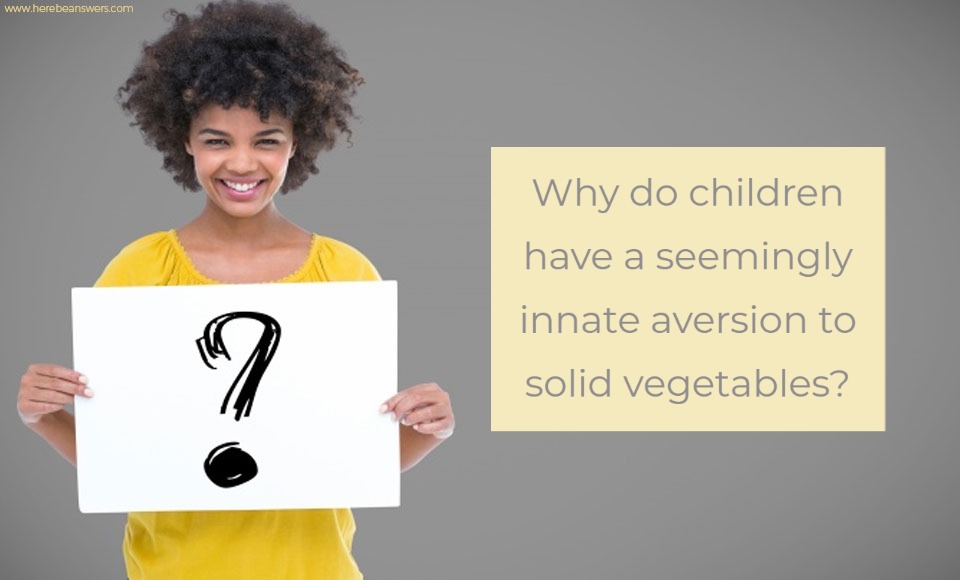When you think about your childhood, there are undoubtedly some memories that would stand out, such as your first day of school, your first time riding a bicycle, or your first snow. Of course, there would be awful ones, like the times when your parents tried to feed you broccoli or other leafy vegetables.
Veggies surely are your nemesis as a child, though, probably (and hopefully) not now as an adult. But, have you ever wondered why children have an innate aversion to solid vegetables? Well, it’s actually due to a lot of reasons.
First, kids require a lot more energy, more than adults, to sustain their active bodies. With that, children instinctively lean towards energy-rich foods, mostly in glucose form. Moreover, veggies are also not rich in calories, which means they don’t give much energy. Instead, they are rich with indigestible fiber, which means they will just negate the energy they contain with the amount of energy needed to digest them.
To make it simple, it doesn’t make biological sense for a kid, given their substantial energy requirement, to eat foods that aren’t rich with energy.
Another factor that causes children to veer away from veggies is their taste. One commonality among vegetables, especially cruciferous and green ones, is their bitter flavor. The taste is due to their calcium content, and other compounds, such as isoflavones, phenols, flavonoids, and terpenes.
Children are also most likely tasting the bitter taste more intense than adults do. Plus, the flavor itself is a reason for kids to turn away from vegetables. Toxins and poisons naturally taste bitter. The compounds found in vegetables are toxic in large amounts but aren’t densely packed to cause humans any danger. In fact, such amounts existent in veggies provides us more benefits as known by science.
Kids, on the other hand, don’t have that discernment or cognitive influences and rely heavily on instincts instead. With that, children tend to follow their natural instincts, also given that their less-developed bodies are less capable of fighting or neutralizing toxic substances.
So, why do adults enjoy them despite the toxicity? Well, because adults had the time to discern that veggies won’t do them harm. Plus, adults also build a tolerance to the bitterness through time and repeated exposure. Children don’t have this judgment and an ample amount of exposure yet to know the value of vegetables.
The last reason why kids have an innate disinclination to vegetables is more on a mental aspect. It is believed due to the concept of Paired Associative Learning. In which an individual links a particular response to a specific stimulus.
Children are inclined to link sugary and fatty processed foods, such as cakes, candies, and ice creams, with enjoyable memories, like holidays, parties, or celebrations. This concept doesn’t clearly work for vegetables as they are usually associated with negative memories, such as their parents forcing them to eat leafy or cruciferous vegetables, or the unpleasant taste of such meals containing them.
Fortunately, as people grow into adulthood, such linkage disappears or is replaced with better ones. Adults tend to discover and learn the benefits of adults, associating them more to fitness and overall health.
More Readings:
- Vegetable (Wikipedia)
